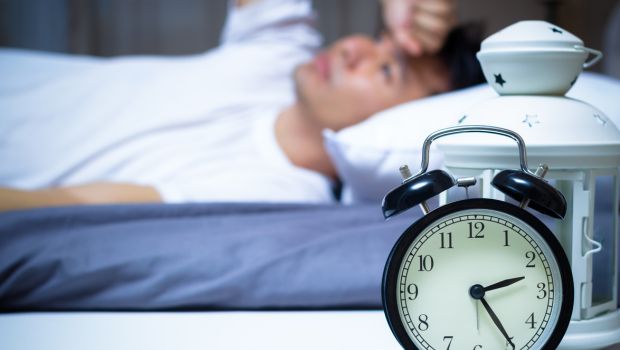Having Sleep Trouble? Poor Sleep May Be Making You Negative Too

Sleep is vital for one’s well-being. The hectic lives we lead, constantly on the move and chasing deadlines, our body takes a toll after a while. As such you make yourself more vulnerable to all kinds of diseases because you are stressed and have been neglecting your health. A good night’s sleep is what can turn things around by giving your body enough time to recuperate and recharge itself so that it can perform better the next day. It is not without reason that health experts highlight the importance of getting at least six to eight hours of sleep daily. So have you been following this rule?
According to researchers from University of Illinois at Chicago College of Medicine in the US, poor sleep can trigger negative emotional responses by affecting a specific region of the brain – dorsal anterior cingulate cortex – which then has to work harder to modify negative emotional responses. When you don’t get good sleep, the morning after you are lethargic, cranky, unable to focus or concentrate, and it also affects your mood. The study states that poor sleep can be twice as more worse for people already suffering from depression and anxiety, thereby further restricting their ability to see things in a positive light.
“Our research indicates sleep might play an important role in the ability to regulate negative emotions in people who suffer from anxiety or depression,” said lead researcher Heide Klumpp. The research team used functional MRI to measure the activity in different regions of the brain as participants were challenged with an emotion-regulation task.

About the Study
The 78 participants in the study were between ages 18 and 65 and had been diagnosed with an anxiety disorder, a major depressive disorder, or both. Participants were shown disturbing images of violence – from war or accidents – and were asked to simply look at the images and not to try to control their reaction or to “reappraise” what they saw in a more positive light.
“An example of reappraisal would be to see an image of a woman with a badly bruised face and imagine her as an actress in makeup for a role, rather than as a survivor of violence. Reappraisal is something that requires significant mental energy. In people with depression or anxiety, reappraisal can be even more difficult, because these disorders are characterised by chronic negativity or negative rumination, which makes seeing the good in things difficult,” said Klumpp.
The researchers found this to be true in those with lower levels of sleep efficiency. The study was published in the journal Depression and Anxiety.
[“source-ndtv”]
